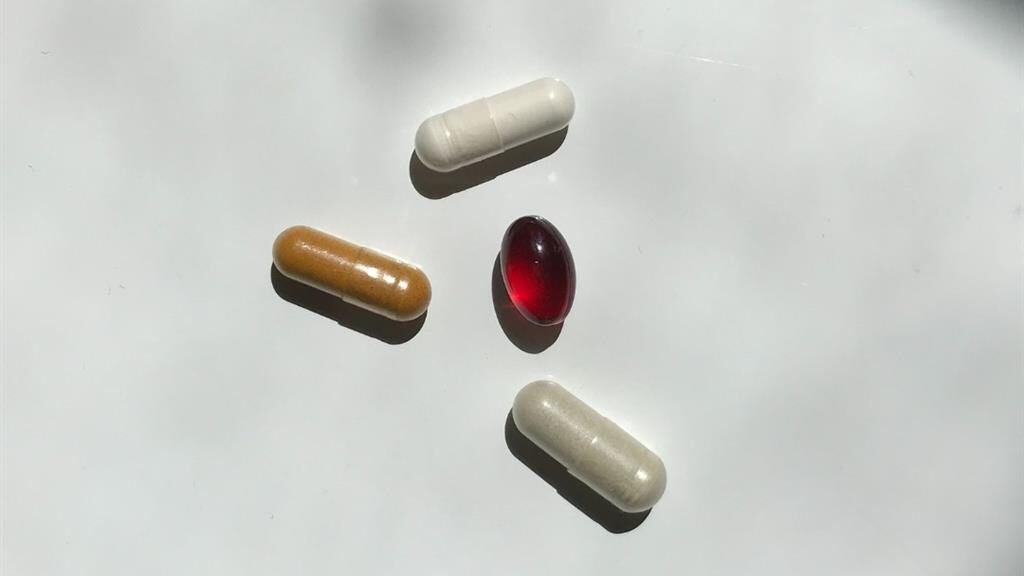The Multivitamin Dilemma
For years, I took a generic multivitamin from the local chemist—a simple “one-a-day” tablet with dozens of nutrients crammed into a single capsule. It was affordable, convenient, and gave me peace of mind. But over time, I began to question: Is my body actually absorbing all this? Do I even need everything in this pill?
That’s when I discovered Vitl, a personalised vitamin service that builds supplement packs based on your health profile—or even your DNA. The promise? Targeted nutrition, fewer unnecessary ingredients, and better results.
So how does Vitl really compare to a typical multivitamin? And is it worth making the switch?
What You Get: Generic vs. Personalised
Typical Multivitamin
- One capsule with a standard blend of 20–30 nutrients
- Same formula for everyone, regardless of age, gender, lifestyle, or diet
- Often contains low-cost synthetic ingredients and fillers
- May exceed or underdeliver on specific nutrient needs
Vitl
- A 4-capsule daily strip personalised to your lifestyle or DNA
- Formulated based on quiz results or optional blood/DNA testing
- Bioavailable forms of nutrients (like methylated B12 and active folate)
- Transparent, filler-free ingredients, tailored to your biology
Key difference: A generic multivitamin treats you like “everyone else.” Vitl treats you like you.
The Customisation Factor
With a typical vitamin, there’s no nuance. Whether you’re an athlete or sedentary, plant-based or meat-eating, you get the same pill.
Vitl, on the other hand, personalises your supplements based on:
- Your dietary intake (e.g. low in iron or omega-3)
- Your goals (energy, skin health, focus)
- Your lifestyle (alcohol, caffeine, sun exposure)
- Your genetics, if you choose the DNA test
That means no wasted nutrients—and potentially better absorption and performance.
Ingredients and Absorption
Generic vitamins often use cheaper forms like folic acid (instead of folate), cyanocobalamin (B12), or synthetic Vitamin E. These may be harder for some people to absorb—especially if they have genetic variations or gut issues.
Vitl uses:
- Active or highly bioavailable forms of nutrients
- Vegan, allergen-free, and filler-free formulations
- Omega-3 from algae or fish oil
- Optional probiotics and adaptogens like ashwagandha
This focus on quality over quantity may mean fewer ingredients—but more impact.
Packaging and Experience
Generic vitamins:
- Delivered in plastic bottles with no daily reminders
- Easy to forget, difficult to travel with
- No tracking of results or progress
Vitl:
- Daily strips labeled by date—easy to remember
- Slim, letterbox-friendly box
- App/dashboard support and optional retesting
Consistency is easier when you have a pack built around your goals, not just a bottle on the shelf.
Cost Comparison
| Typical Multivitamin | Vitl | |
|---|---|---|
| Price/month | £5–£12 | £29.95–£39.95 |
| Customisation | None | Full (quiz or DNA-based) |
| Ingredient quality | Standard | Bioavailable, clean |
| Convenience | Medium | High (daily packs) |
Yes, Vitl is more expensive—but it’s also more targeted, cleaner, and designed for real-life use. For many, the improved consistency, reduced ingredient waste, and better absorption justify the higher cost.
Is It Worth the Switch?
If you:
- Feel uncertain whether your current vitamin is helping
- Want to supplement with intention, not guesswork
- Have specific wellness goals (energy, skin, focus, digestion)
- Value transparency and clean ingredients
…then Vitl is absolutely worth considering. While not the cheapest option, it’s one of the smartest for people who want to optimise their health in a way that’s personal, not generic.
Because when it comes to nutrition, “close enough” isn’t always good enough.












